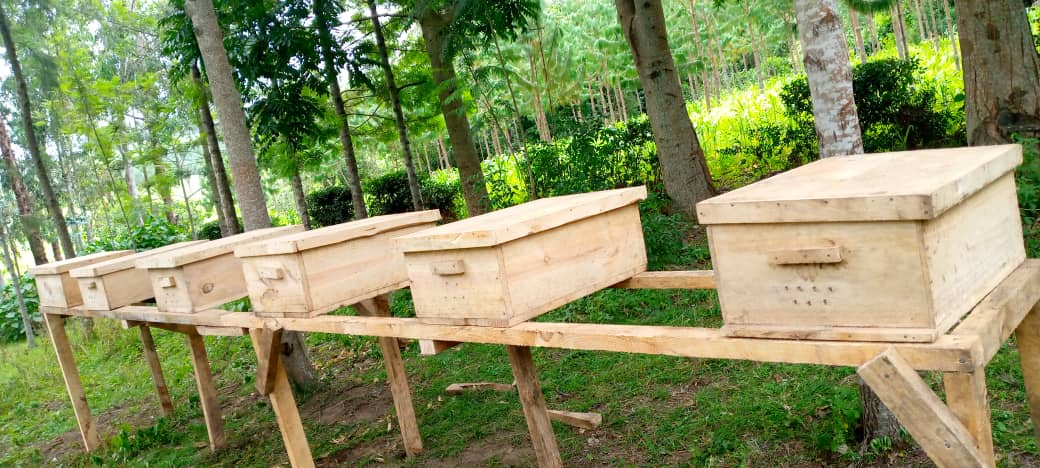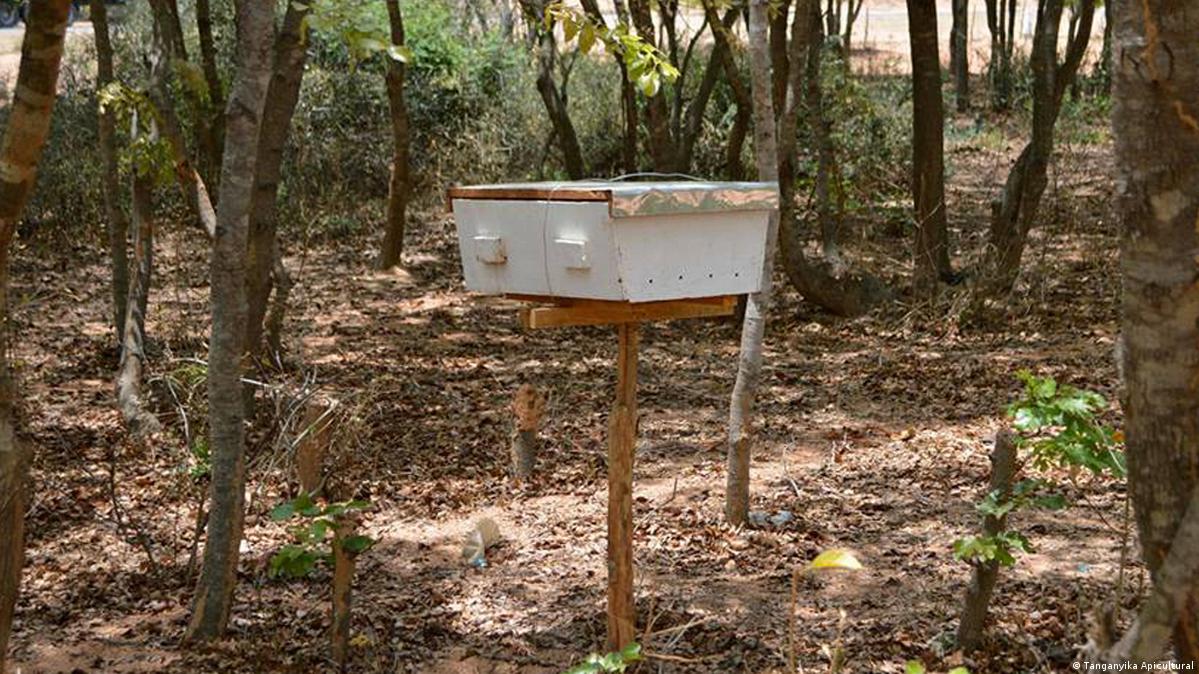Biochar is a type of charcoal that is produced through the process of pyrolysis, which involves heating biomass (organic material derived from plants or animals) in a low-oxygen environment. This process breaks down the biomass into a carbon-rich substance, leaving behind a solid residue known as biochar.
Biochar production typically involves the following steps:
- Feedstock Preparation: Biomass feedstocks such as wood chips, crop residues, or animal manure are collected and prepared for processing. The feedstock needs to be dried to reduce moisture content, which improves the efficiency of the pyrolysis process.
- Pyrolysis: The prepared biomass feedstock is then heated in a specialized pyrolysis reactor in the absence of oxygen or with limited oxygen supply. This prevents the material from combusting and instead causes it to decompose into biochar, along with other byproducts such as syngas and bio-oil.
- Cooling and Collection: After pyrolysis, the biochar is cooled and collected for further processing or application. The byproducts like syngas and bio-oil can also be captured and utilized for energy generation or other purposes.
Biochar is known for its ability to improve soil health and fertility. When applied to soil, it can enhance water retention, nutrient availability, and microbial activity, leading to increased crop yields and overall ecosystem health. Additionally, biochar has the potential to sequester carbon in soil for hundreds to thousands of years, making it an attractive option for carbon sequestration and climate change mitigation efforts.
The utilization of biochar and its byproducts in Tanzania can have various socio-economic and environmental benefits, including:
- Improving soil fertility and agricultural productivity: Biochar application to soil can enhance nutrient retention, water holding capacity, and soil structure, leading to increased crop yields and improved food security for smallholder farmers.
- Sustainable waste management: Biochar production provides a means of converting agricultural and forestry waste into a valuable soil amendment, reducing the environmental impact of waste disposal and contributing to resource conservation.
- Energy generation: Byproducts of biochar production such as bio-oil and syngas can be used as alternative sources of energy for cooking, heating, and lighting in rural households, reducing reliance on traditional biomass fuels and mitigating deforestation pressures.
- Climate change mitigation: Biochar sequesters carbon in soil for long periods, contributing to climate change mitigation efforts by reducing greenhouse gas emissions and enhancing soil carbon stocks.
In terms of carbon credits, biochar can be eligible for carbon offset credits under certain carbon trading schemes or voluntary carbon markets. The rationale is based on the carbon sequestration properties of biochar when applied to soil. By locking carbon in the soil for extended periods, biochar can help offset carbon emissions and contribute to overall carbon neutrality or net-zero emissions goals.
Entities involved in biochar production and application may be able to generate carbon credits by quantifying the amount of carbon sequestered through biochar application and participating in carbon offset programs or trading platforms. The specific requirements and methodologies for quantifying and verifying carbon sequestration vary depending on the carbon market or regulatory framework involved.
Biochar production is gaining attention as a sustainable solution for managing agricultural waste and improving soil health in Tanzania. FBS Tanzania, a leading environmental services company, offers biochar production services to address environmental challenges while creating economic opportunities.
Biochar production in Tanzania typically begins with the collection of biomass feedstock, which includes agricultural residues such as crop stalks, husks, and other organic waste materials like bamboo. FBS Tanzania works with local farmers and communities to gather these biomass resources, which are abundant in Tanzania due to its rich agricultural sector.
Once the biomass feedstock is collected, it undergoes a process called pyrolysis at FBS Tanzania’s specialized facilities. Pyrolysis involves heating the biomass in an oxygen-limited environment to break it down into biochar, along with valuable by-products such as syngas and bio-oil.
FBS Tanzania utilizes advanced pyrolysis technology to ensure efficient and environmentally sustainable biochar production. The process is carefully controlled to optimize the yield of biochar while minimizing emissions and energy consumption.
The biochar produced by FBS Tanzania is of high quality and suitable for various agricultural applications. It is rich in carbon and nutrients, making it an excellent soil amendment for improving soil fertility, water retention, and nutrient availability. By incorporating biochar into their farming practices, Tanzanian farmers can enhance crop yields and reduce their reliance on chemical fertilizers.
In addition to biochar, FBS Tanzania also extracts valuable by-products from the pyrolysis process. Syngas, a mixture of hydrogen, carbon monoxide, and other gases, can be used as a clean energy source for heating or electricity generation. Bio-oil, a liquid product rich in organic compounds, has potential applications in biofuel production or as a feedstock for various industrial processes.
FBS Tanzania’s biochar production services not only contribute to soil health and agricultural productivity but also offer economic benefits to local communities. By valorizing agricultural waste into valuable products like biochar, syngas, and bio-oil, FBS Tanzania creates income-generating opportunities and promotes sustainable development in Tanzania’s rural areas.
FBS Tanzania plays a crucial role in advancing biochar production and sustainable agriculture in Tanzania, addressing environmental challenges while fostering economic growth and community empowerment.




